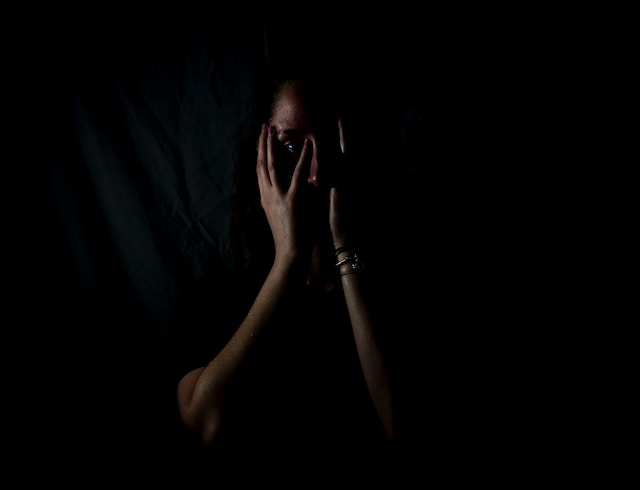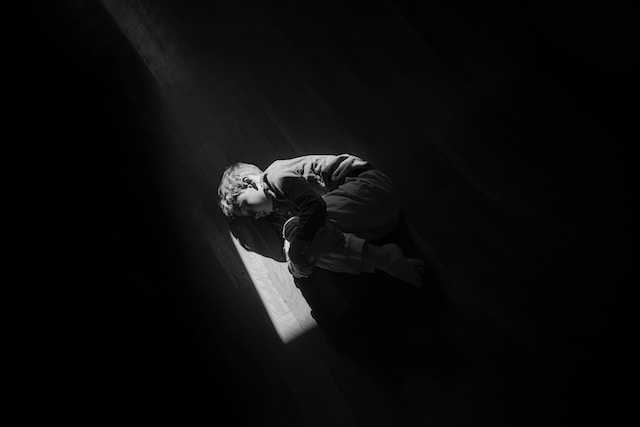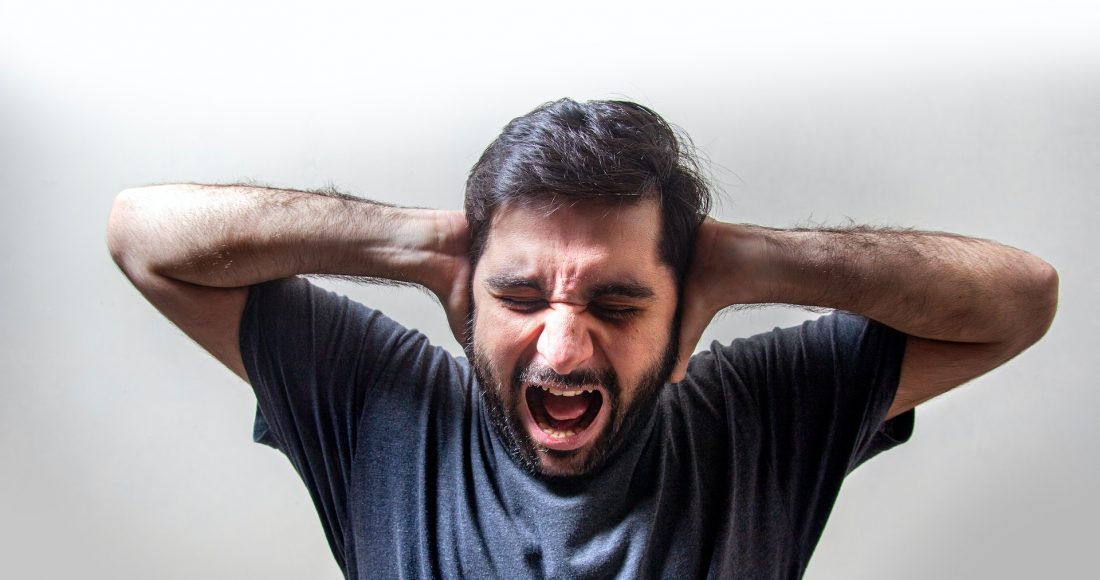Fear is a special emotional state. Unlike other emotions, fear mobilizes a person or an animal to any object or subject of the surrounding world, which may pose an imaginary or real danger.
Symptoms of lissophobia
The obsessive fear of getting sick with a mental disorder is manifested by an influx of anxious experiences and representations with the content of pictures of «insane behavior», uncontrolled actions and similar phenomena. People with misophobia can read a lot about the symptoms of mental illness, «find them at home.» As with other phobias, the phenomenon of «avoiding» places or situations that are potentially dangerous (for example, a crowd of people) can develop. It is characteristic of constant «listening» to yourself, to your feelings and thoughts.
Vegetative symptoms can be in the form of palpitations, a feeling of lack of air, trembling, waves of cold or heat through the body, unpleasant sensations in the chest, abdomen and other parts of the body.
Causes of occurrence
From the point of view of a psychologist, the causes of any obsessive fears, including lissophobia, are the characteristics of our personality:
- Temperament: temperaments such as choleric, melancholic are more prone to the occurrence of fears,
- Developed imagination,
- High level of anxiety,
- The need to «keep everything under control».
In addition to personal characteristics, social factors play an important role in the formation of lissophobia.

Other causes of lissophobia:
- the usual loud stimuli emanating from the environment (sound, signal, shock),
- the presence of something threatening or the absence of something that provides security,
- mental disorders and behavioral disorders (endogenous diseases, personality disorders, neuroses, organic mental illnesses),
- inheritance.
People susceptible to the occurrence of the disease
About 20% of people are potentially predisposed to the development of obsessive fears.
All events that occur in a person in his daily life, his internal component (tension, the presence of somatic symptoms, increased anxiety, temporary exhaustion of cognitive functions during a difficult period of life, the presence of panic attacks and simply overwork of the body, lack of any resources) can be interpreted by a person as «dangerous phenomena» and contribute to the development of his obsessive fears (phobias)
How to treat lissophobia
Like any obsessive fears, lissophobia needs to be treated. If it is caused by personal characteristics, then — with the help of psychologists and psychotherapists. Psychotherapy of a competent specialist will help to deactualize
Fears, restore a critical attitude to anxious experiences, return to normal life and forget about the fear of going crazy.

If the power of fear has a high intensity that prevents you from living normally, then psychiatrists are involved in therapy to help a person with medications, physiotherapy, diet, exercise therapy and other methods.
There are a large number of very different techniques to reduce fear and anxiety. But there is no most effective one, since in each case of obsessive fear, the psychotherapist individually selects his «individual key» to solving the problem of getting rid of the phobia.



































